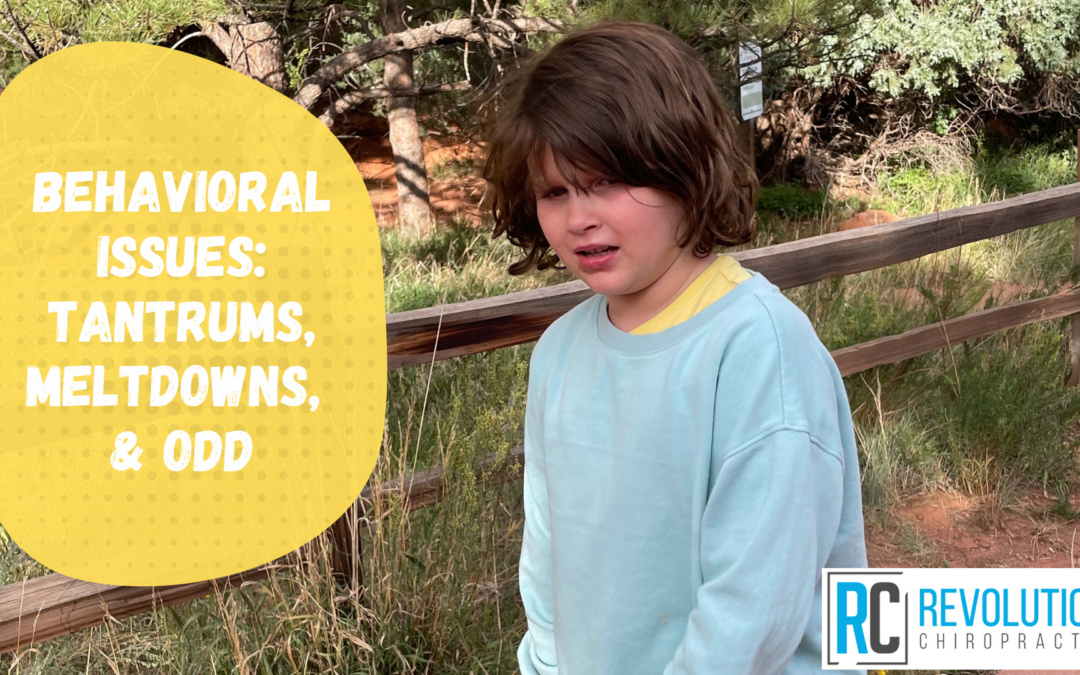As you watch your child battle with daily behavioral challenges, your heart aches. You know there’s an incredible personality waiting to shine through, but constant defiance and emotional struggles seem to overshadow everything else. If you’ve found yourself avoiding social gatherings, dreading restaurant visits, or canceling family vacations due to fears of public meltdowns, you’re not alone on this journey. Sometimes it can be difficult understanding your childs tantrums and meltdowns.
Understanding ODD and Behavioral Challenges: More Common Than You Think
Up to 11% of children and adolescents experience Oppositional Defiant Disorder (ODD) and/or other behavioral challenges, and this number continues to rise in our increasingly stressful world. Parents with children displaying persistent patterns of angry, argumentative, and vindictive behavioral challenges. As a parent, you might feel isolated, but there’s a whole community of families facing similar challenges—and more importantly, there’s hope for positive change.
Let’s dive into the neurological roots of ODD and explore how imbalances in the autonomic nervous system and vagus nerve contribute to the development of this challenging condition. Discover how Neurologically-Focused Chiropractic Care offers a promising drug-free approach to address the underlying causes of ODD.
What’s Really Happening in Your Child’s Body?
To understand why your child struggles with persistent argumentative behavior, we need to look beneath the surface at what’s happening in their nervous system. Think of your child’s body as having two major operating modes:
- The “Fight or Flight” Response (Sympathetic Nervous System)
- The “Rest, Regulate, and Digest” Response (Parasympathetic Nervous System)
In children with ODD and behavioral challenges, there’s often an imbalance between these two systems. Imagine a car stuck in high gear—that’s what’s happening in your child’s body. Their “fight or flight” response is constantly running on overdrive, while their calming system struggles to engage effectively.
The Missing Piece: The Vagus Nerve Connection
At the heart of this imbalance lies the vagus nerve—a crucial component responsible for helping your child and their behavioral challenges:
- Regulate their emotions
- Maintain a steady heart rate
- Process stress effectively
- Stay calm in challenging situations
Research has shown that children with ODD often have reduced vagal tone, meaning their body’s natural calming system isn’t functioning at its best. This helps explain why your child might have trouble:
- Controlling their emotions
- Adapting to changes in routine
- Responding appropriately to stress
- Self-soothing when upset
Understanding the Perfect Storm
Your child’s nervous system challenges didn’t appear out of nowhere. Several factors can lead to this imbalance:
- High-stress pregnancy experiences
- Birth trauma or complications
- Early exposure to environmental toxins
- Chronic inflammation
- Previous medical interventions
These factors can contribute to the cycle of nervous system dysfunction, dysregulation, and imbalance that keeps your child stuck in a pattern of challenging behaviors.
Check out a sick care vs health care video below.
A Natural Approach to Help Your Child
Luckily, many parents are seeking drug-free alternatives to help their children thrive, especially through their behavioral challenges. Neurologically focused pediatric chiropractors dive deep into this nervous system dysfunction in kids struggling with ODD and behavior issues and find what’s called subluxation – which simply means stress stuck on. This means that even at rest, your child’s nervous system is constantly wound up, easily agitated, and overstimulated
Neurologically-Focused Chiropractic Care focuses on:
- Identifying specific areas of nervous system stress
- Addressing underlying imbalances
- Supporting natural regulation
- Promoting healthy vagal tone
- Helping your child’s body find its natural balance
As a parent, you’ve likely tried numerous approaches to help your child through the behavioral challenges, tantrums, and meltdowns. You’ve probably received plenty of well-meaning advice and maybe even felt blamed for your child’s struggles. But understanding that your child’s behaviors stem from real physiological imbalances—not poor parenting—is the first step toward finding effective solutions.
Consider these questions:
- Does your child seem stuck in a constant state of fight or flight?
- Do they struggle to calm down even in peaceful situations?
- Have traditional approaches provided only temporary relief?
- Are you looking for a more comprehensive understanding of your child’s challenges?
Moving Forward with Hope
You don’t have to continue feeling helpless in the face of your child’s struggles. Through advanced neurological assessments and natural approaches to care, many families have found new hope in supporting their children’s emotional and behavioral health.
Remember: Your child’s challenging behaviors aren’t a reflection of your parenting skills or their character. They’re often signs of a nervous system crying out for support and balance. By understanding the root causes of ODD and exploring natural solutions, you can take confident steps toward helping your child find greater emotional regulation and peace.
Want to learn more about how neurological assessments could help identify the root cause of your child’s struggles? Reach out to Revolution Chiropractic, and our team can help you understand your child’s unique needs and create a personalized care plan for support. If you are not local to us, check out the PX Docs directory to find an office near you.
Your family’s journey toward healing and balance starts with understanding. You’re taking an important step by educating yourself about ODD and exploring natural solutions to support your child’s well-being.

